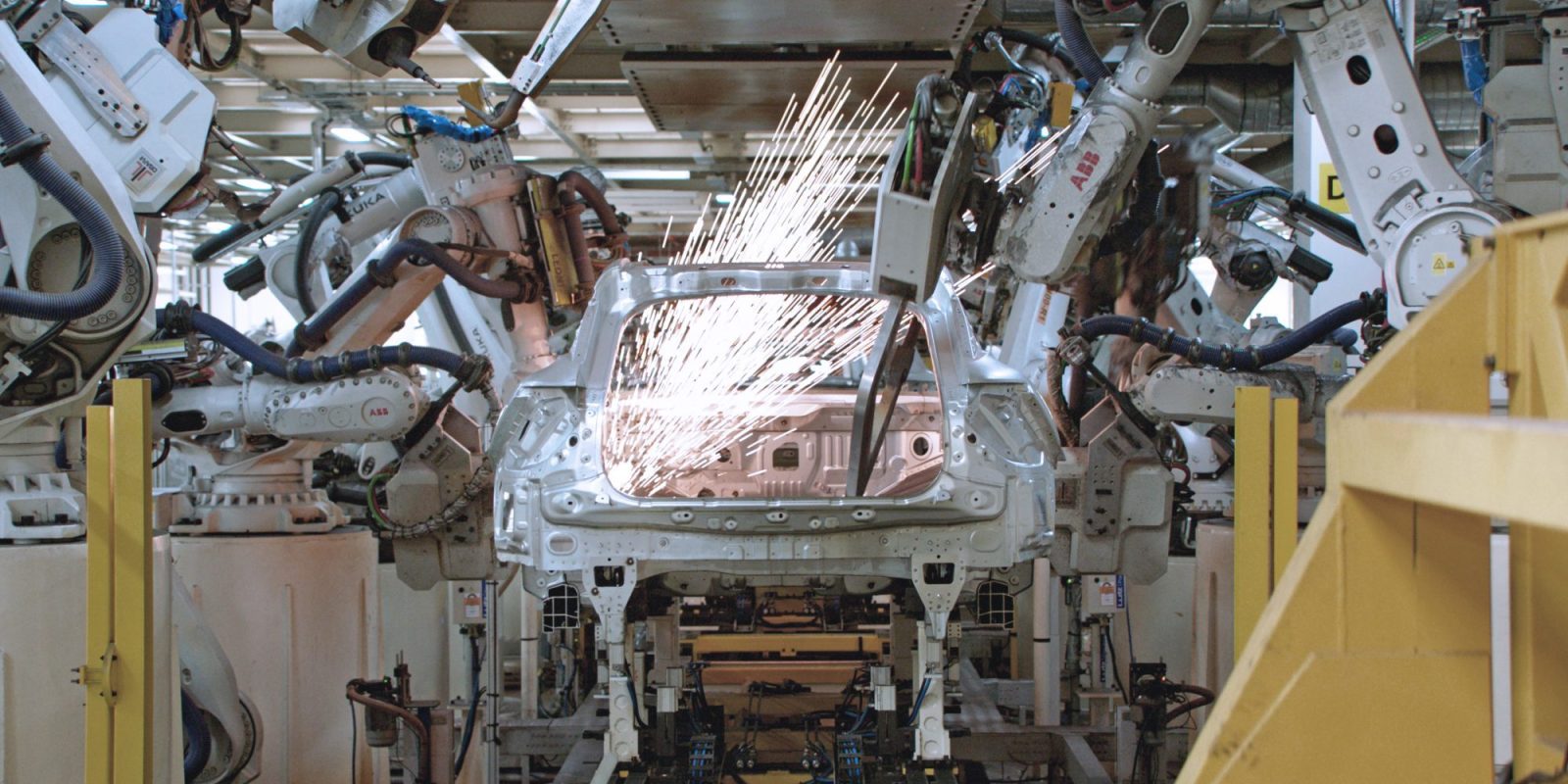
Polestar has announced that its upcoming Polestar 4 EV will be contract manufactured in a factory in Busan, South Korea. Heretofore, Polestar’s vehicles have been assembled in China.
We’re at Polestar Day in Santa Monica today, where the company is showcasing its future plans to media, investors and owners. For more news from the day, check out our Polestar Day News Hub.
On yesterday’s earnings call, Polestar mentioned that progress was being made on new manufacturing plants for its upcoming cars. The Polestar 3, for example, will be built in factories in Chengdu, China and in South Carolina, USA, with both of these factories coming online in 2024.
But it also mentioned that a “new non-China plant” was in the works, though Polestar did not elaborate on that yet.
Well, less than 24 hours later we now know where that plant will be – the port city of Busan, South Korea, the second most populous city in the country and site of one of the world’s largest ports.
But this isn’t a new plant – it’s an already-existing plant owned by Renault Korea Motors (RKM). The plant is Renault’s largest in Asia, and will build the Polestar 4 for the North American and domestic South Korean markets. It’s the first battery EV to be built in the plant.
Polestar has so far focused on contract manufacturing, rather than building its own plants. It calls this an “asset-light” approach, which it says “enables it to benefit from the competence, flexibility and scalability of its partners and major shareholders, without needing to invest in its own facilities.” Polestar has no Polestar-only plants, all Polestars are built in plants on a contract basis.
Polestar CEO Thomas Ingenlath said that RKM shares Polestar’s vision for sustainability and touted Polestar’s global footprint and ambitions:
We’re very happy to take the next step in diversifying our manufacturing footprint together with Geely Holding and Renault Korea Motors, a company that shares our focus on quality and sustainability. With Polestar 3 on-track to start production in Chengdu, China in early 2024 and in South Carolina, USA, in the summer of 2024, we will soon have manufacturing operations in five factories, across three countries, supporting our global growth ambitions.”
Thomas Ingenlath, Polestar CEO
RKM’s CEO also commented on the new partnership:
Polestar 4 will be the first full battery electric vehicle produced in the Busan plant, symbolising Renault Korea Motors renewal and our ambitious vision for the future. We are very proud of this new partnership and grateful to the Polestar brand for their trust.
Stéphane Deblaise, CEO of Renault Korea Motors
Korea is an interesting choice, because it does have implications for the US. Right now the US and China are in a gradually expanding trade war, and it’s affecting electric vehicles. The EV tax credits in the Inflation Reduction Act include limitations on battery component and critical mineral sourcing, primarily focusing on increasing US domestic assembly of EVs and EV battery components, but also wanting to source minerals from US free trade countries – which Korea is one of, and China is decidedly not.
This has caused rankling with some of the US’ trade allies, with Korea being one of the main objectors to the rule. While Korean minerals qualify under the rule, cars that are assembled in Korea are not. The Korean auto industry has been doing well in terms of US EV sales with E-GMP platform cars like the excellent Hyundai Ioniq 5 and Kia EV6, and the tax credit changes represented a blow to that industry.
Korea did push for a different interpretation of the tax credit rules, which the IRS eventually accepted. This means EVs assembled overseas can bypass basically every tax credit requirement by leasing, since a lease is counted as a commercial sale, which is covered by a different portion of the Inflation Reduction Act that doesn’t include the protectionist manufacturing requirements. Polestar does currently pass-through the credit for those who lease a vehicle rather than purchase it, though the company routinely claims that the deal is for a limited time only (before routinely pushing back that deadline).
So even if Korean manufacturing could help the Polestar 4 meet the mineral requirements of the law, the car still won’t qualify for purchase tax credits because it’s assembled overseas. But if the trade war expands further from here, building outside of China might help keep things more stable for the company.
FTC: We use income earning auto affiliate links. More.



Comments